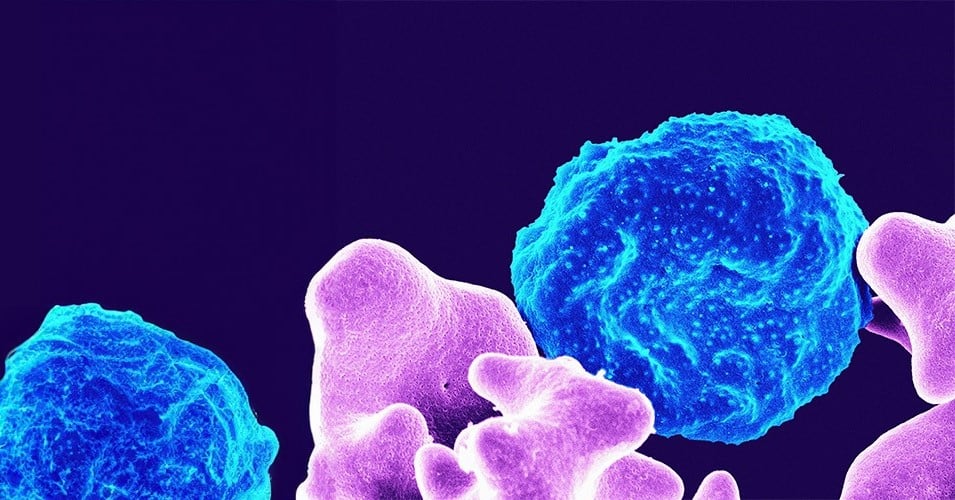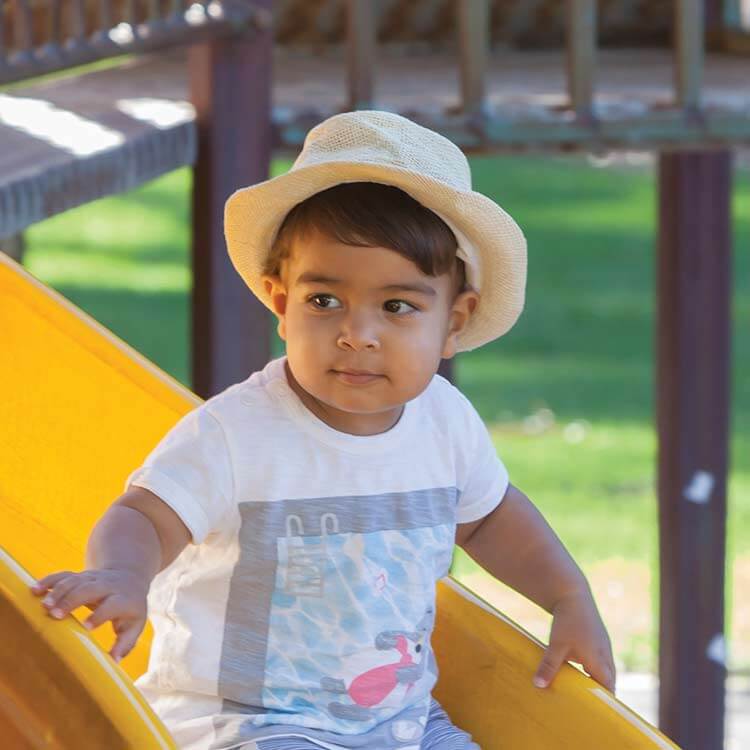Search
Showing results for "Au"
Research
A sport-based mental health intervention for children at risk of mental illnessWe know that sport, when the appropriate environment is provided, can be an enriching experience for children – with many physical and mental health benefits.
Research
Impact for DCDMelissa Gail Matt Jenny Andrew Videos Licari Alvares Cooper Downs Whitehouse Watch and listen to Andrew PhD PhD BCA Marketing, BSc Statistics and
Research
Rheumatic Heart DiseaseRheumatic heart disease (RHD) is the most important cause of acquired cardiovascular disease in children and young adults. Virtually non-existent in most of Australia, it still predominantly affects Aboriginal communities.

The Global Disease Modelling group informs development and implementation of drugs, medical treatments and non-medical interventions to effectively tackle disease. They build mathematical models of diseases, designed to take into account the complex constellation of interactions between pathogens, humans, diseases, the environment and entire healthcare systems.
Research
Mapping the global prevalence, incidence, and mortality of Plasmodium falciparum and Plasmodium vivax malaria, 2000-22: a spatial and temporal modelling studyMalaria remains a leading cause of illness and death globally, with countries in sub-Saharan Africa bearing a disproportionate burden. Global high-resolution maps of malaria prevalence, incidence, and mortality are crucial for tracking spatially heterogeneous progress against the disease and to inform strategic malaria control efforts. We present the latest such maps, the first since 2019, which cover the years 2000–22. The maps are accompanied by administrative-level summaries and include estimated COVID-19 pandemic-related impacts on malaria burden.
Research
Ngangk Ngabala Ngoonda (Sun Safety)The ‘Ngangk Ngabala Ngoonda (Sun Safety) of Aboriginal young mob of WA’ is a community-led project that aims to identify the sun safety needs and strengthen sun safety knowledge of Aboriginal Children and Young People in Western Australia.
Research
“That's not fair on my kid”: Carers' perspectives on sport participation and experiences for children in out-of-home careChildren in out-of-home care participate in less organised sport than children from other household structures, potentially reducing opportunities for improvements in social, developmental, and health outcomes. Despite this, little is known about barriers and facilitators of sport participation for children in care. We aimed to explore carers' perspectives on the influences on children in care's participation and experiences in organised sport.
Research
Communication of individuals with CDKL5 deficiency disorder as observed by caregivers: A descriptive qualitative studyCDKL5 deficiency disorder (CDD) is a genetically caused developmental epileptic encephalopathy that causes severe communication impairments. Communication of individuals with CDD is not well understood in the literature and currently available measures are not well validated in this population. Accurate and sensitive measurement of the communication of individuals with CDD is important for understanding this condition, clinical practice, and upcoming interventional trials.

The Early Years Systems Evidence (EYSE) team specialises in working in partnership with governments and service providers, with a distinct focus on improving the life chances of children in Australia.
